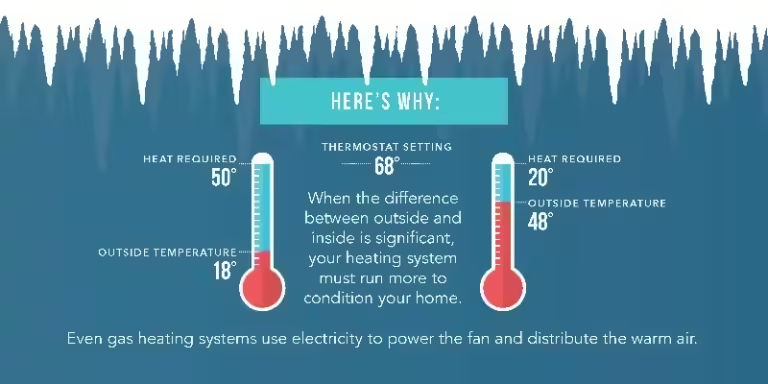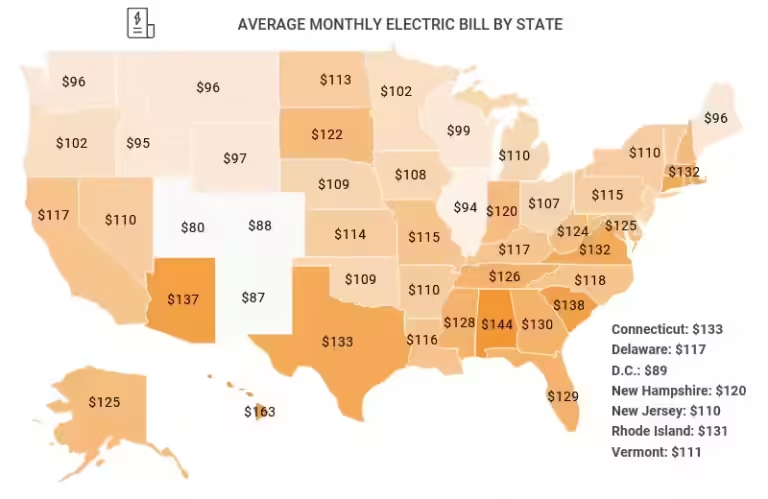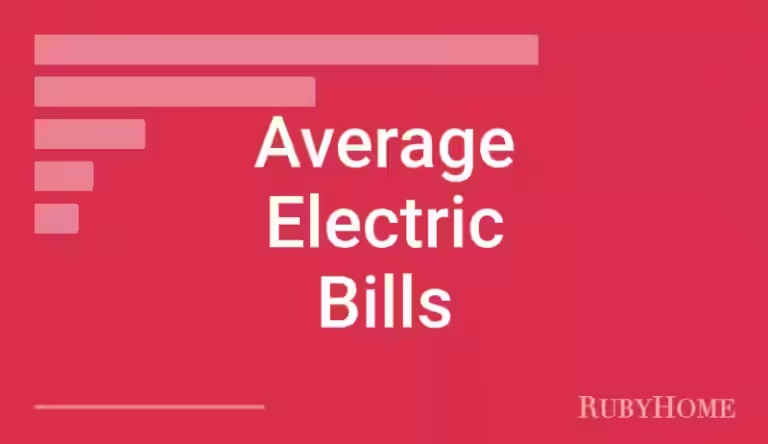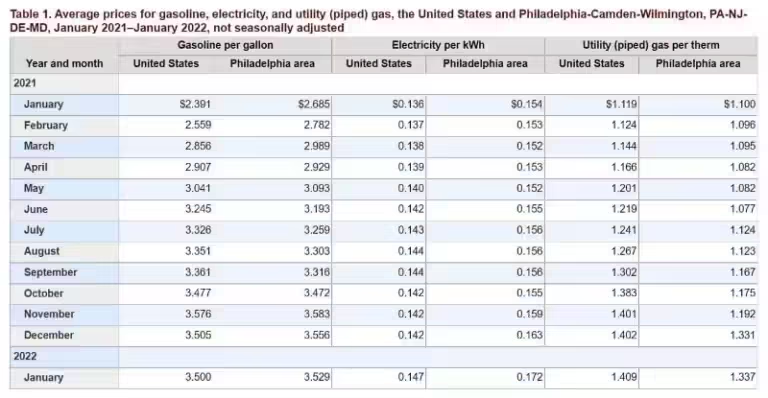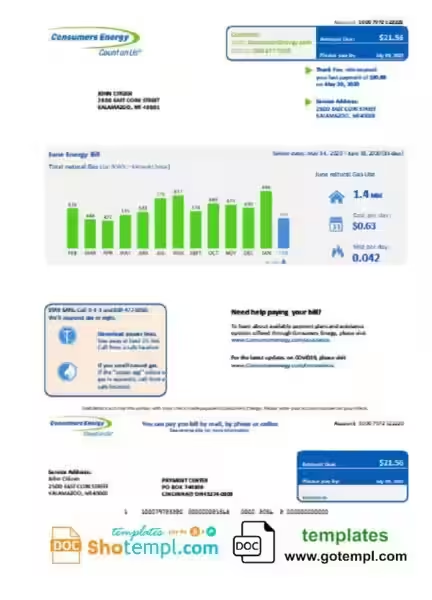Is Your Electric Bill Higher in Winter or Summer?

The age-old question of whether your electric bill is higher in winter or summer often sparks debate. While many instinctively assume summer's scorching heat leads to higher energy consumption, the reality can be surprisingly different. The truth is, winter can often be the culprit behind higher energy bills, a fact that often catches many by surprise.
The Hidden Energy Costs of Winter
The misconception that summer electric bills are higher often stems from focusing solely on the electricity bill. We tend to associate high summer bills with air conditioning, which is indeed a significant consumer of electricity. However, winter introduces a whole new set of energy-consuming factors, often disguised by the fact that they are spread across different bills.
For instance, while your summer electric bill might reflect only the cost of cooling your home, your winter bill might include electricity for heating, but also gas, propane, or wood for heating. Imagine a $200 summer electric bill solely for cooling. Now consider a $100 winter electric bill for heating, but an additional $500 in propane costs for the same period. The true cost of winter energy in this scenario is $600, significantly higher than the summer electric bill, despite the lower electricity bill itself.
The Many Ways Winter Increases Energy Consumption
Winter's cold temperatures demand a significant amount of energy to keep your home comfortable. Here's a breakdown of how winter can contribute to higher energy bills:
Heating: The Biggest Culprit
- Heating systems: Whether you rely on a furnace, heat pump, or even a wood-burning stove, maintaining a comfortable indoor temperature during winter requires a substantial amount of energy.
- Space heaters: A common companion to central heating systems, space heaters are often used to warm specific rooms or provide extra warmth. These devices can significantly increase your energy consumption.
- Electric blankets: For those who prefer a cozy bed, electric blankets offer warmth and comfort but also add to your electricity bill.
Beyond Heating: Additional Winter Energy Consumption
- Longer hours of darkness: Shorter days and longer nights in winter necessitate more indoor lighting, increasing electricity usage.
- Warmer showers: A hot shower can be a welcome respite from the cold, but it also requires a significant amount of energy for heating water.
- Holiday decorations: Twinkling lights, inflatables, and festive displays can add to your energy consumption, especially during the holiday season.
- Guests and gatherings: With more people in the house during the holidays, you might be using appliances like ovens, dishwashers, and washing machines more frequently, increasing your electricity consumption.
- Winter-specific equipment: Block heaters, heat tape, and other winter-specific equipment can further contribute to higher energy consumption.
Understanding Your Energy Usage: A Key to Reducing Costs
While winter energy consumption is often unavoidable, understanding your energy usage patterns can help you manage costs. By being aware of how your energy consumption fluctuates throughout the year, you can take steps to reduce your energy bill.
- Track your energy usage: Many utility providers offer online tools or mobile apps that allow you to monitor your energy usage in real-time. This can help you identify potential areas for improvement.
- Utilize energy-saving tips: Many simple tips, such as lowering your thermostat or using energy-efficient appliances, can help you save energy and reduce your energy bills.
- Contact your utility provider: If you have any questions or concerns about your energy bill, don't hesitate to contact your utility provider for support and guidance.
Conclusion: Winter Energy Consumption is a Reality
While the summer heat might make it seem like the hottest season for energy bills, the truth is that winter can often be the time when your energy consumption, and hence your energy bills, are highest. By understanding the factors that contribute to higher winter energy consumption and taking steps to manage your energy usage, you can navigate the colder months with a more manageable energy bill.
Is my electric bill higher in winter or summer?
Why is my electric bill higher in the winter?
While many people assume their electric bill is higher in the summer due to air conditioning, your total energy bill may actually be higher in the winter because you are using multiple energy sources, such as propane, natural gas, or wood, for heating.


